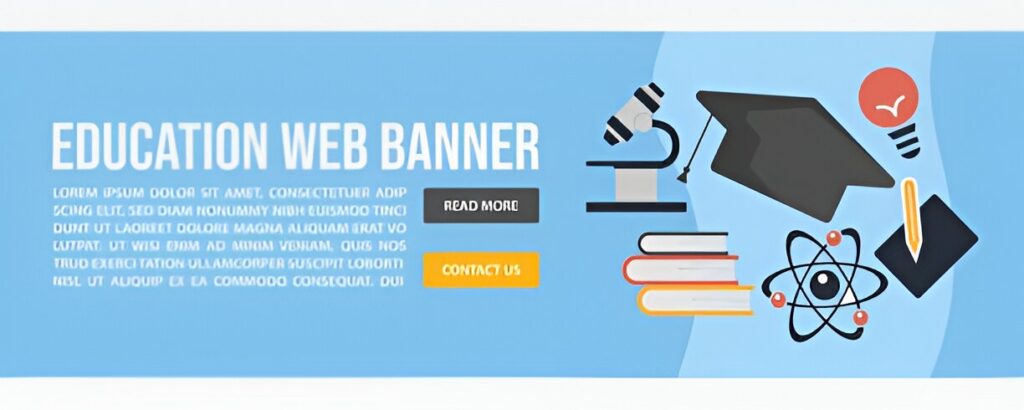Liberal arts and sciences majors are essential for the future of education, fostering critical thinking, creativity, and adaptability. These fields cultivate well-rounded individuals who can analyze complex problems, communicate effectively, and understand diverse perspectives. As the job market evolves, the interdisciplinary skills gained from these majors are increasingly valuable, enabling graduates to navigate various career paths. The emphasis on lifelong learning, ethical reasoning, and civic responsibility prepares students to contribute meaningfully to society and succeed in an ever-changing world
Introduction to Liberal Arts and Sciences
Liberal Arts and Sciences (LAS) encompass many disciplines, including humanities, social sciences, natural sciences, and mathematics. This diversity equips students with a well-rounded education, fostering critical thinking, creativity, and adaptability. Many students today are exploring liberal arts and sciences majors to gain a versatile education that is suited for various career paths and life challenges. Why are LAS majors important now more than ever in a period of fast technology innovation and changing employment markets? Understanding the comprehensive benefits of LAS education can elucidate their significant role in shaping future professionals and thought leaders.
Developing Essential Skills for the 21st Century
Enhancing analytical and problem-solving skills is a crucial advantage of a liberal arts and sciences education. These competencies are highly valued across various industries, enabling graduates to navigate complex problems and devise innovative solutions. Students in LAS programs often engage in critical thinking exercises, problem-solving tasks, and interdisciplinary studies that prepare them for the complexities of the modern world. They acquire the skills to tackle issues from several viewpoints, consider various views, and effectively synthesize data. This all-encompassing approach to learning is essential for progress on all levels—professional, personal, and academic.
Preparing for a Diverse Job Market
The job market of today and the future demands flexibility and adaptability. LAS majors are prepared for this landscape thanks to their broad-based education. Whether it’s transitioning between careers, adapting to new technologies, or thriving in interdisciplinary teams, LAS graduates have the skills necessary to succeed. Employers increasingly seek candidates who can think creatively, communicate effectively, and adapt to new challenges—qualities inherent to LAS majors. Furthermore, understanding and integrating knowledge from various fields enables LAS graduates to excel in dynamic work environments and contribute meaningfully to diverse teams.
Economic Benefits of a Liberal Arts Education
Although some might argue that Liberal Arts majors have limited earning potential, evidence suggests otherwise. According to recent studies, LAS graduates often experience long-term career growth and job satisfaction. For instance, a Harvard study has shown that Liberal Arts graduates can earn competitive salaries and have substantial career advancement opportunities. The economic benefits of a Liberal Arts education are not only immediate but also lasting. The adaptability of LAS graduates often means they are better positioned to move into emerging fields and seize new opportunities. Their broad skill set allows them to engage with various professional paths and achieve sustained career development, illustrating the long-term value of a LAS education.
Encouraging Lifelong Learning and Personal Growth
Education should prepare individuals for their first job and instill a love for lifelong learning. Liberal Arts and Sciences education achieves this by exposing students to various fields, encouraging curiosity and continuous self-improvement. The broad range of subjects studied in LAS programs helps students develop a habit of learning and exploring new ideas, which is invaluable in personal and professional growth. This lifelong learning mindset is critical in the rapidly changing job market, where continuous education and skill development are essential for career progression. LAS education fosters intellectual curiosity and a passion for knowledge, equipping graduates with the tools to navigate life’s challenges and opportunities.
Promoting Civic Engagement and Social Responsibility
LAS programs strongly emphasize social responsibility, civic participation, and job training. This is crucial in developing well-informed citizens who contribute positively to society. Political science, sociology, and ethics courses help cultivate a deeper understanding of societal issues and individuals’ roles in addressing them. This civic-minded approach is essential for fostering a more just and equitable society. LAS graduates often engage in community service, activism, and public policy, using their knowledge and skills to drive positive change. Their education equips them to succeed professionally and be active and responsible members of their communities, advocating for solutions to societal challenges.
Future Prospects for LAS Graduates
As industries advance and new fields emerge, the versatile skills gained from a Liberal Arts and Sciences education will be increasingly valuable. LAS graduates’ distinct views and abilities help various industries, including technology, healthcare, and education. They are invaluable contributors in any professional context because of their capacity for critical thought, good communication, and interaction with a wide range of ideas. For example, in the tech industry, companies increasingly seek individuals with solid and soft skills and the ability to think outside the box—attributes nurtured in LAS programs. The interdisciplinary nature of LAS education enables graduates to apply their skills innovatively, making them indispensable in a rapidly evolving job market.
Conclusion: Embracing the Value of LAS Majors
In a constantly changing world, the importance of a well-rounded education cannot be overstated. Majors in liberal arts and sciences offer the fundamental information and abilities needed to thrive in any line of work. By valuing and investing in these disciplines, society can ensure a future workforce that is innovative, adaptable, and prepared to tackle the challenges of tomorrow. LAS education fosters a comprehensive understanding of the world, enabling graduates to engage fully with their careers and communities. As we look ahead, the demand for well-rounded, adaptable, and thoughtful professionals will continue to grow, highlighting the enduring significance of LAS majors. By embracing and supporting Liberal Arts and Sciences education, we pave the way for a resilient, informed, and versatile workforce that can thrive in a dynamic and interconnected world.


